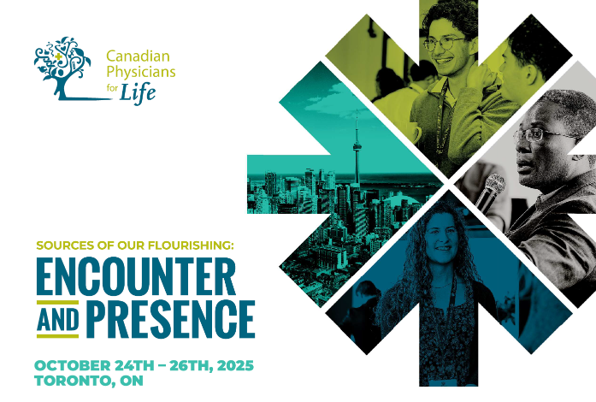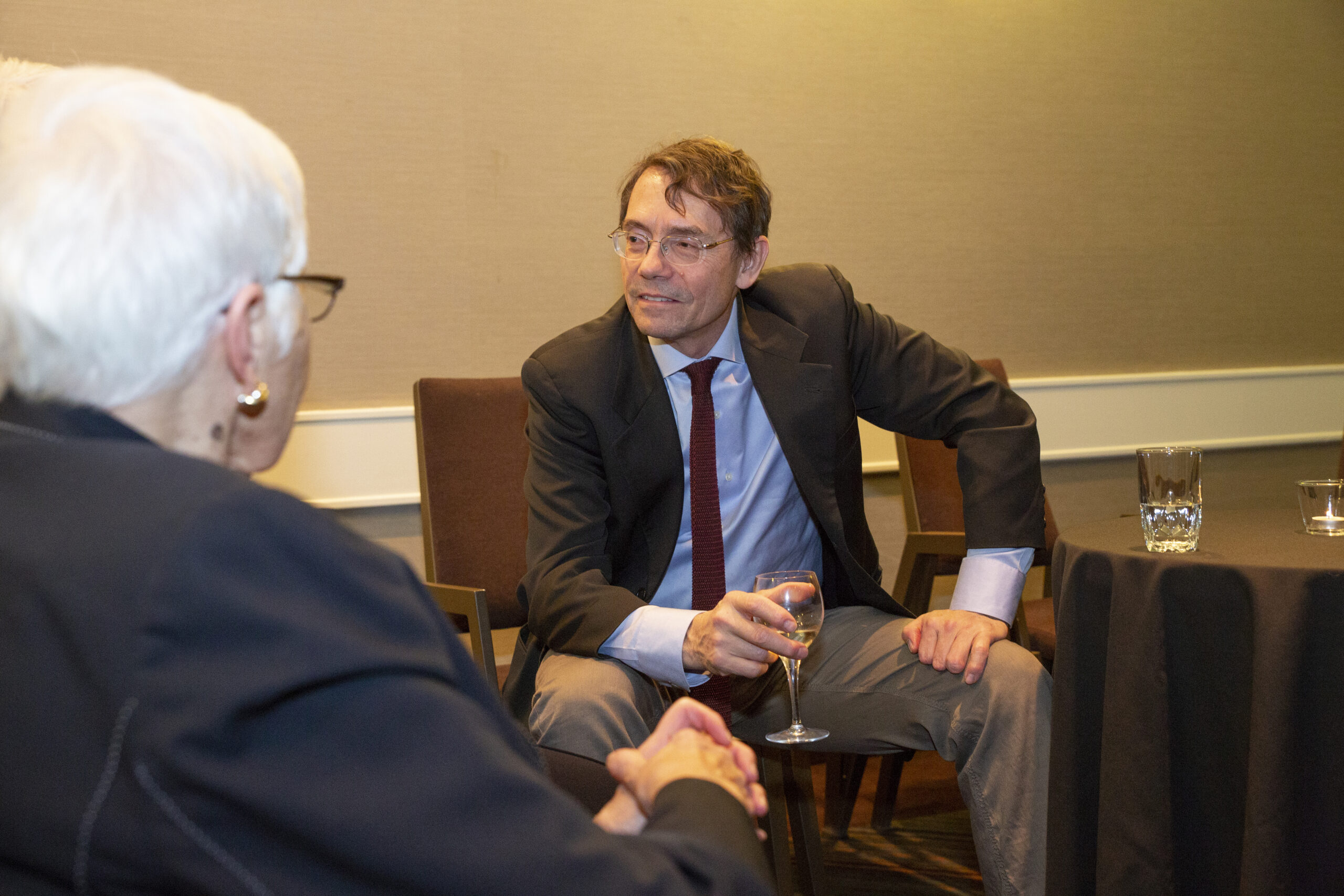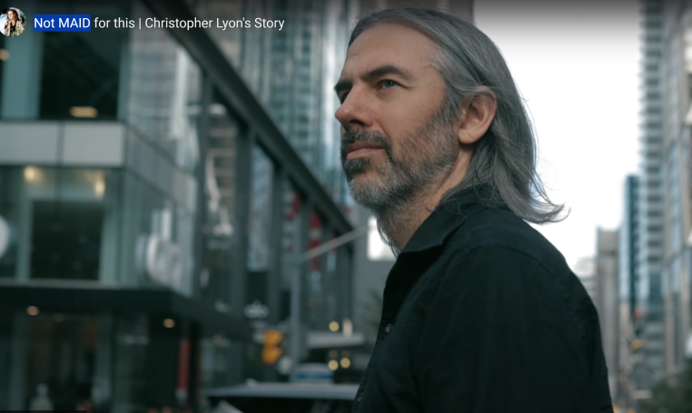Dr. Margaret Cottle is a palliative care physician. She recently wrote to her MP on the issuce of Bill C-7 and agreed that I could publish it.
Here is the letter:
Citizens living with disabilities are overwhelmingly in agreement that the legislation proposed in bill C-7 puts them squarely in the crosshairs of MAiD. For a succinct and excellent articulation of the disability perspective, I urge you to read or to listen to Dr. Catherine Frazee’s submission to the current committee.
Even under existing legislation, citizens, such as Roger Foley in Ontario and the late Candice Lewis from Newfoundland, have been pressured to choose MAiD against their wishes and because the cost of caring for them is seen as prohibitive. When we met together, I made the statement that it was sad to me that our society and our government had reached the point of having a double standard of suicide prevention. By de-criminalizing, facilitating, regulating, paying for, and supporting the so-called “right” of some citizens to ask for and to receive death at the hands of other citizens, we have de facto said that there are some lives that are not worth living. You voiced your objections to this analysis, but it is nonetheless correct. The government decides that suicide prevention is in order for some citizens seeking death and sanctions death for others. There is simply no way to get around the fact that if the government is participating in ending the lives of some of our citizens, it has decided that those lives are no longer worth living—the government decides if the person is eligible for MAiD, so it is not solely an autonomous decision of the individual. A twenty-year-old who has just ended a romantic relationship and wants to die is not eligible, but a twenty-year-old who meets Canadian government criteria is eligible. It is not the patient who is deciding who is eligible, it is our government. There is no way to avoid that conclusion, as stark as it is.
A Caring Physician
During our meeting you also said that you wished that every patient who needed care at the end of life could have a “caring physician” such as myself, however you noted the lack of resources to accomplish this and said that the country needed MAiD to provide for a “dignified” death for those to whom good care was not available. How sad that the lack resources and money are the driving force behind the fear that patients have about an “undignified” death! Dignity is notthe absence of all existential suffering, dignity is inherent to each individual and we are all given the privilege as a society to come alongside those who are ill, or frightened or lonely and to provide the “dignity” that they may not be not feeling. We do this instinctively when someone is threatening to jump from a bridge, why are we not doing it in these other situations?
Hippocratic Tradition
In addition, the current legislation makes no provision for physicians and other health care workers who follow the 2,400-year-old Hippocratic tradition of never participating in the death of a patient. If, as proponents of MAiD assert, only 5% of Canadian deaths will ever be MAiD deaths, there will not be an access problem. Accommodation must be made for workers to follow their consciences in this area. Taking the life of a patient is serious and irreversible—convictions about this are not mere opinion but are among the most deeply held core beliefs for any individual. There are also many patients—who also pay taxes and have rights—who would much prefer to be cared for by a Hippocratic physician. Surely in our democracy we can make room for dissent on this issue and devise systems to deliver both Hippocratic care and MAiD. You lamented the number of physicians who are retiring and noted the human resources issues facing our profession. Driving Hippocratic physicians out of medicine using coercion to participate and sanctions for non-participation, will only intensify this exodus. There is a significant number of physicians who will leave medicine rather that participate in MAiD delivery or referral. With your expertise and experience in negotiation, I would hope that your parliamentary colleagues would seek your advice in order to make this legislation balanced for all.
In Conclusion …
All of this leaves me very concerned for the kind of society that we are building for our children and grandchildren. Canada has traditionally been a country of inclusion and caring—even when it has been difficult. C-7 is the absolute wrong direction to be going if we hope to continue those traditions. I urge you and your colleagues to listen to the voices that are seeking the protection of our citizens who are vulnerable, and also to those of us who are contending for the preservation of the heart of medicine—to cure when we can and to care always, but not to participate in any way in the delivery of death.





